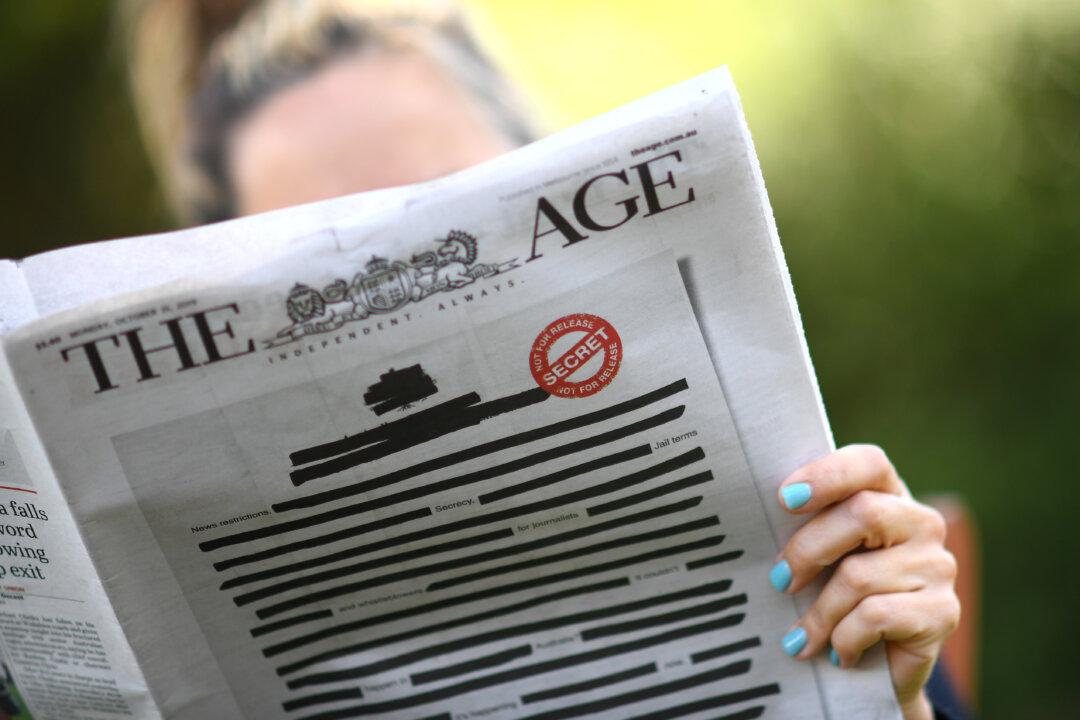Democracy in Australia is under pressure, according to media advocates, who are urging the Australian government to implement a backlog of reforms to laws around national security, freedom of information, and defamation so journalists in Australia can do their job.
The Media, Entertainment and Arts Alliance (MEAA) is calling on the Albanese government to instigate reforms to ensure that the media can keep the public informed about what the government and the country’s institutions are doing in their name.




